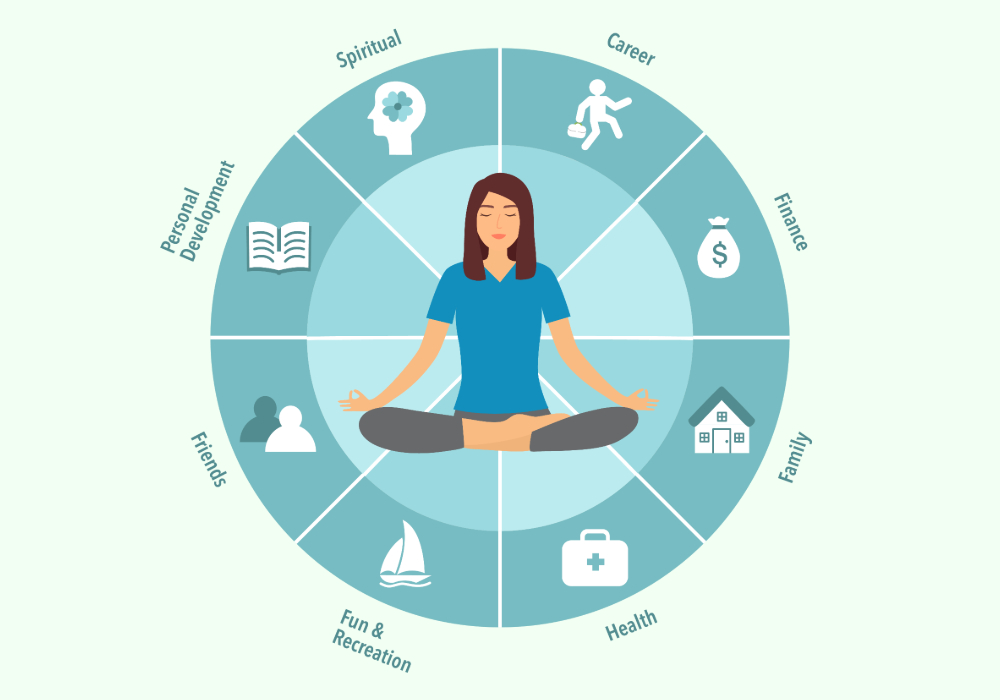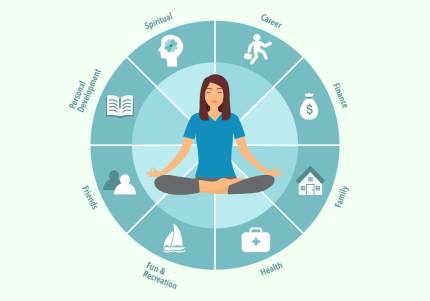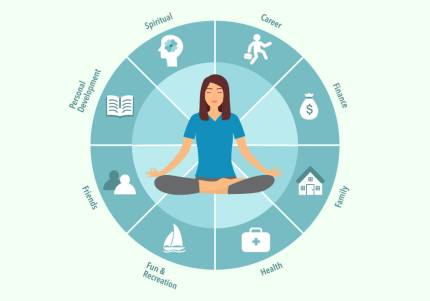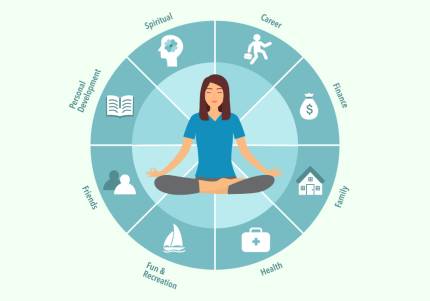Comparing the MBTI and Big Five Personality Test: Which Is More Accurate?
- 4 May 2025

The Myers-Briggs personality test has captivated millions with its intuitive approach to categorizing personality types. Taking a free MBTI test has become a popular way for people to gain insights into their behavioral patterns and preferences. The big five personality test, meanwhile, has gained substantial credibility in academic psychology for its empirical foundations. Understanding the differences between these assessment tools can help you determine which approach might provide more valuable insights into your personality traits.
Understanding the MBTI Test - 16 Personalities
The personality test MBTI divides people into 16 distinct personality types based on four dichotomies: Extraversion/Introversion, Sensing/Intuition, Thinking/Feeling, and Judging/Perceiving. Many individuals seek out the Myers-Briggs test because of its accessible format and straightforward categorization system. You can find the full MBTI test for free on numerous websites, though the official assessment typically requires payment. The Myers-Briggs personality test for free online versions might lack the depth of the official assessment but still provide basic insights into your personality type.
The Big Five Framework
The big 5 personality test measures five fundamental dimensions of personality: Openness, Conscientiousness, Extraversion, Agreeableness, and Neuroticism (sometimes remembered as OCEAN). Psychology researchers developed the big five personality test for free access to promote scientific understanding of personality differences. Unlike the MBTI, which places people into discrete categories, the big five approach positions individuals along continuous scales for each trait. Many researchers consider the big five personality test more scientifically valid due to its consistent results across different populations and testing situations.
Key Differences Between the Assessments
Scientific Foundations
The free Myers-Briggs personality test has roots in Carl Jung's theories but lacks the empirical validation that modern psychological assessments require. Despite its popularity, many serious researchers question whether the Myers-Briggs personality test for free online platforms actually measures stable personality traits.
Assessment Approach
- MBTI: Categorical approach (you are either one type or another)
- Big Five: Dimensional approach (you score along a spectrum for each trait)
- MBTI: Based on psychological preferences and cognitive functions
- Big Five: Based on observable behavioral patterns
- MBTI: Results in 16 personality types with descriptive labels
- Big Five: Results in scores across five major dimensions
Reliability and Validity Comparison
| Factor | Free MBTI Test | The Big Five Personality Test |
|---|---|---|
| Test-Retest Reliability | Lower (50-70%) | Higher (70-90%) |
| Scientific Acceptance | Limited | Widespread |
| Predictive Validity | Lower | Higher |
| Cross-Cultural Validity | Questionable | Stronger |
Practical Applications
Many people take the Myers-Briggs personality test for free to gain personal insights or improve team dynamics in workplace settings. Organizations frequently use the MBTI despite its scientific limitations because its 16 personalities framework provides an accessible language for discussing interpersonal differences. When looking for a comprehensive evaluation, experts typically recommend accessing the big five personality test for free through academic institutions or research programs. The scientific community generally endorses the big five framework for research purposes, while the MBTI remains popular in corporate and self-help contexts.
Conclusion
Both assessments offer valuable perspectives, but they serve different purposes. If you're seeking a free Myers-Briggs personality test for casual self-exploration, the MBTI's 16-type system provides engaging insights. For those wanting a scientifically validated assessment, the big 5 personality test for free options provide more reliable measures of personality dimensions. Ultimately, considering both approaches might give you the most comprehensive understanding of your personality traits and tendencies.



